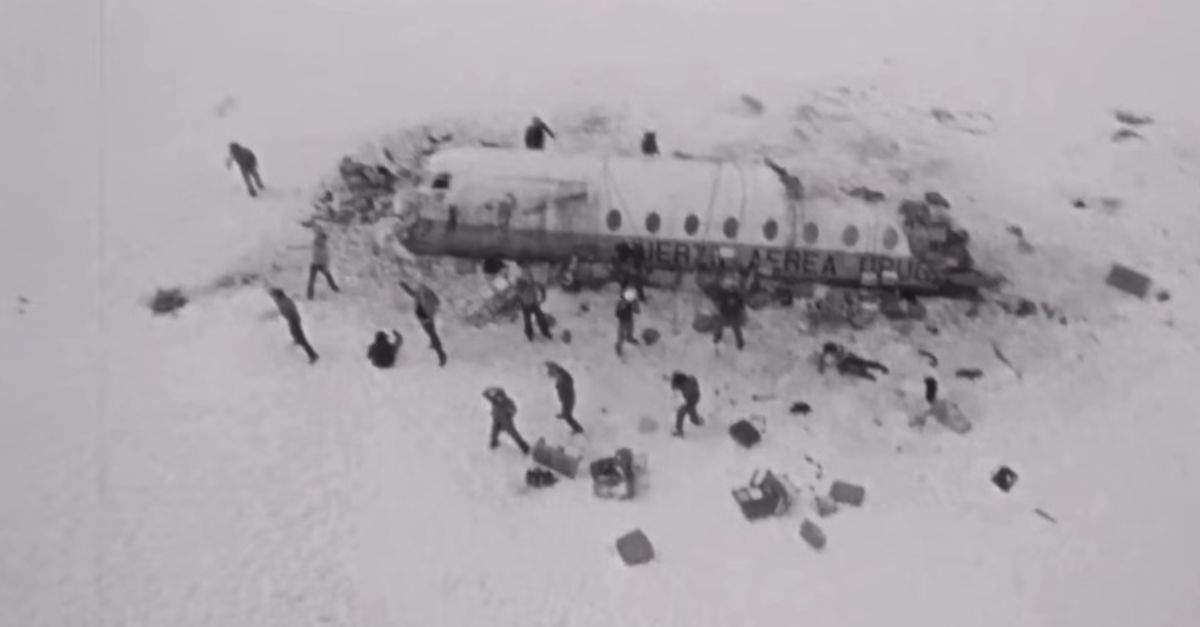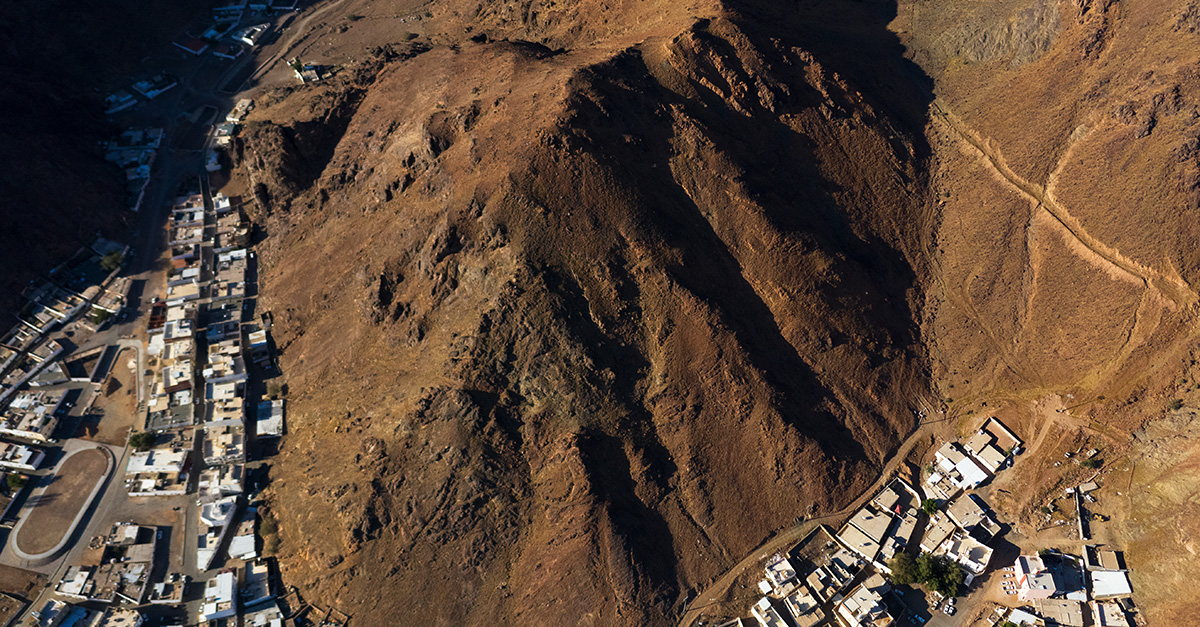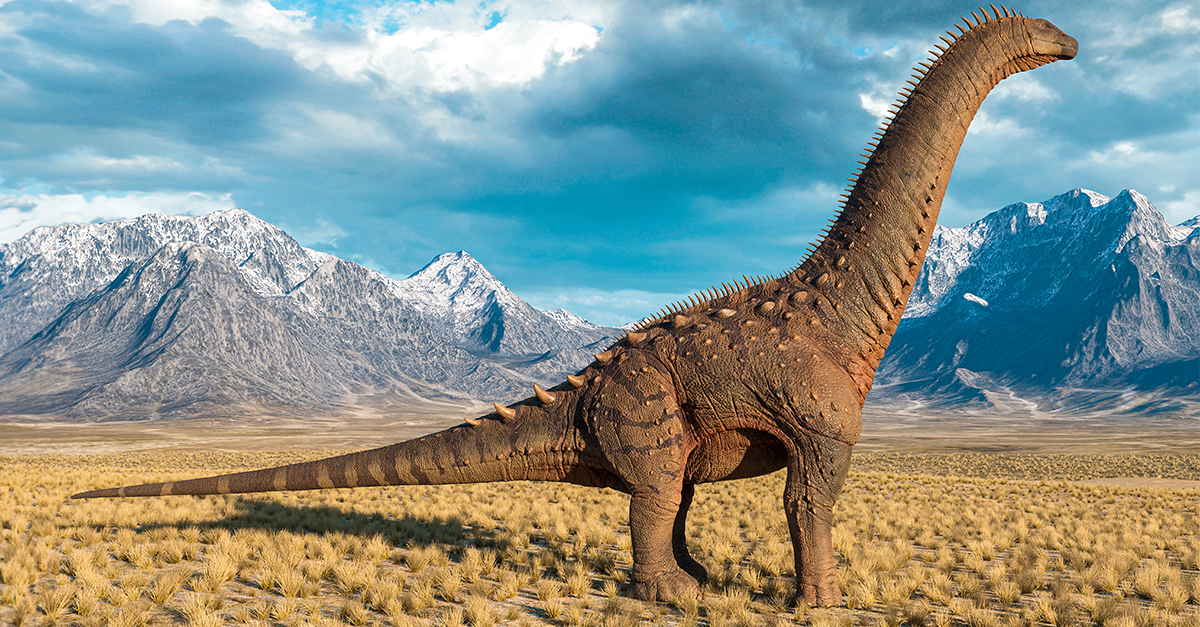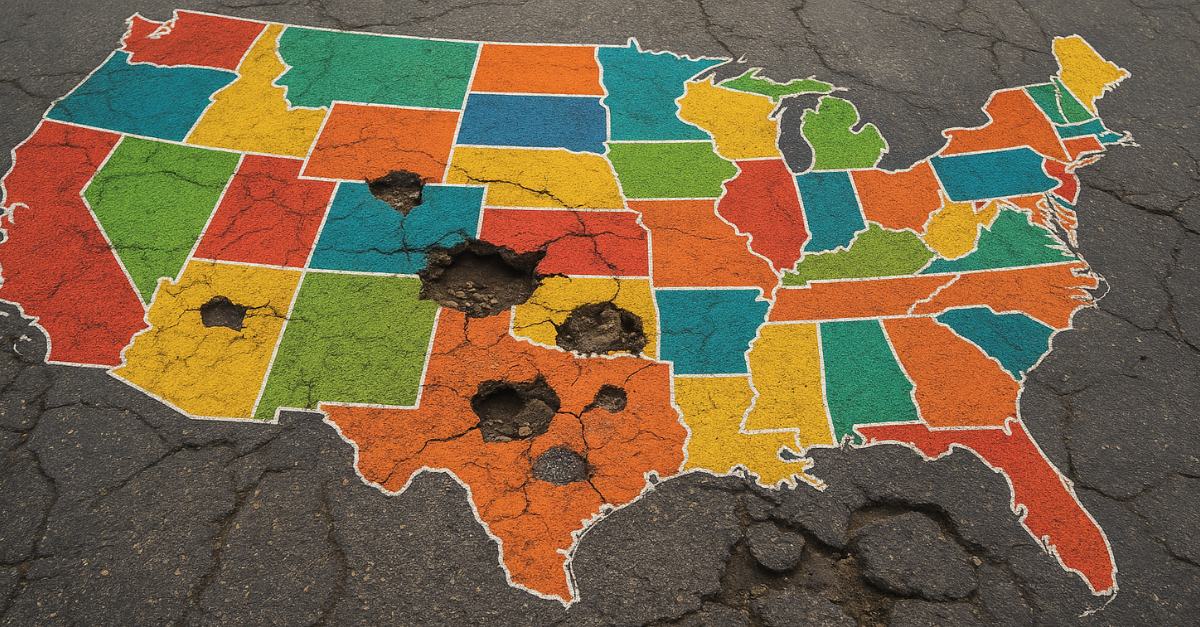The Miracle Of The Andes
Imagine you're flying in perhaps the "safest" airplanes then, everything goes horribly, horribly wrong. You crash and are trapped in a remote location for 72 days. This is exactly what happened to a Uruguayan rugby team. Here is an account of how it all unfolded.

The Innocent Departure
The flight began ordinarily enough: 45 passengers, including a Uruguayan rugby team, their families, and friends, boarded the Fairchild FH-227D on October 12, 1972. They all expected a routine trip from Montevideo to Santiago, Chile for a rugby game. This plane was chartered by the Old Christians Club.
 Society of the Snow | Official Trailer | Netflix by Netflix
Society of the Snow | Official Trailer | Netflix by Netflix
Nature's Unexpected Intermission
What seemed to be a routine flight was met by weather complications, forcing an overnight stop in Mendoza, Argentina. Little did they know this delay would be a prelude to an extraordinary saga of survival. After taking off on the 13th, the co-pilot, Lieutenant-Colonel Dante Héctor Lagurara, made a mistake…
 Pedro Escobal, Wikimedia Commons
Pedro Escobal, Wikimedia Commons
The Deputy's Miscalculations
How does a co-pilot of an Air Force plane miscalculate? Well, Lagurara was inexperienced with limited flying hours; his senior captain, Julio César Ferradas, had over 5,000 flying hours. Due to this, Lagurara misjudged the descent, believing they had passed their turning point—a fatal miscalculation.
From Air To Land In Seconds
At approximately 15,000 feet over The Andes, with poor visibility, FH-227D went straight and smashed into a mountain ridge. Wings, wheels, seats, and tail were sheared off instantly, and this transformed the plane into a tumbling missile of metal and human terror.
 Society of the Snow | Official Trailer | Netflix by Netflix
Society of the Snow | Official Trailer | Netflix by Netflix
The Frozen Graveyard
The fuselage, which a few moments earlier had 45 healthy souls onboard, slid violently down a glacier and came to rest in a remote valley at 11,500 feet. Twelve passengers passed away instantly, leaving behind 33 survivors facing an incomprehensible nightmare of survival in temperature lows of 30°F to 50°F.
 Society of the Snow | Official Trailer | Netflix by Netflix
Society of the Snow | Official Trailer | Netflix by Netflix
Unplanned Detour
The typical flight from Montevideo, Uruguay, to Santiago, Chile typically took 2–3 hours. But the team was ecstatic because they were flying an Air Force plane which typically moved faster than passenger planes. But no one was prepared for a camp in the snow.
 Elyzeu, CC BY-SA 4.0, Wikimedia Commons
Elyzeu, CC BY-SA 4.0, Wikimedia Commons
Only Mission: Survival
Since no one had extra food, first aid kits, tents, clothing, and maps, immediate survival became the survivor's only mission. With limited supplies and surrounded by the Andes' merciless winter, they did what they had to do—create makeshift shelters from the plane's wreckage.
The Hunger Games Of Reality
Hours turned into days, which turned into weeks. And as expected, the food supplies they had salvaged from the plane's wreckage dwindled rapidly. This gave the survivors an agonizing reality that they would need to make unthinkable choices to stay alive.
 Society of the Snow | Official Trailer | Netflix by Netflix
Society of the Snow | Official Trailer | Netflix by Netflix
Taboo Or Survival
The taboo they had to resort to was cannibalism. It wasn't a choice—it was survival. Still, this wasn't to be a long-lasting solution because they had to do something to ensure survival. The 33 needed some motivation, and two members of the rugby team took up that spot.
 Society of the Snow | Official Trailer | Netflix by Netflix
Society of the Snow | Official Trailer | Netflix by Netflix
Heroes In Thin Air
The two leaders who emerged were Nando Parrado and Roberto Canessa. Parrado had lost his mother and younger sister in the crash. Canessa was a medical student and was 19 at the time. Time and time again, the pair would help the group remain hopeful in this mountain prison.
 Héctor Maffuche, Wikimedia Commons
Héctor Maffuche, Wikimedia Commons
Nature's Second Assault
About 16 days after the crash on October 29, additional tragedy struck. A series of avalanches buried part of the fuselage, and this event took the lives of eight more survivors. The falling snow trapped the remaining 19 in a snow-encased tomb. The remaining survivors managed to dig themselves out.
The Decision To Hope
After 72 days of isolation, the hope of rescue was slowly fading. However, Parrado, Canessa, and Antonio Vizintín (another player) made a critical decision: they would trek across the Andes to find help. If help wasn't coming, they'd go get it.
Preparing For The Impossible
With the unpredictability of the blind journey, preparation was key. So much so that the trio trained their bodies, gathered minimal supplies, and steeled their minds for an impossible journey through one of the world's most unforgiving terrains. The journey was taking place two months after the crash.
The Great Escape
On December 12, 1972, Parrado, Canessa, and Vizintín set out into the snowy terrain. Each step was a battle against cold, hunger, and insurmountable geographical challenges—it was mountainous and hilly, and remember, they did not have the gear for such a hike.
 என்ன படம்டா சாமி | Tamil hollywood times | movie story & review in tamil by Tamil Hollywood Times
என்ன படம்டா சாமி | Tamil hollywood times | movie story & review in tamil by Tamil Hollywood Times
Where There Is A Will, There Is A Way
Their journey wasn't just physical—it was a profound test of human willpower. Crossing mountain passes, moving through treacherous glaciers, they hooned in pure human determination and will and guess what? After eight days, civilization was visible.
 என்ன படம்டா சாமி | Tamil hollywood times | movie story & review in tamil by Tamil Hollywood Times
என்ன படம்டா சாமி | Tamil hollywood times | movie story & review in tamil by Tamil Hollywood Times
The Moment Of Redemption
After several grueling days, on December 20, they reached civilization—Chilean mountain hut. It was at this moment that they realized they would live to see another day. But that wasn't in their minds as their goal was to get help to save the others.
 என்ன படம்டா சாமி | Tamil hollywood times | movie story & review in tamil by Tamil Hollywood Times
என்ன படம்டா சாமி | Tamil hollywood times | movie story & review in tamil by Tamil Hollywood Times
Rescue From The Heavens
With immediate intervention, the Chilean authorities organized a rescue operation. They brought along healthcare workers and several helicopters for the evacuation. This group arrived on December 23, finding survivors who had endured conditions that defied medical and psychological understanding.
 என்ன படம்டா சாமி | Tamil hollywood times | movie story & review in tamil by Tamil Hollywood Times
என்ன படம்டா சாமி | Tamil hollywood times | movie story & review in tamil by Tamil Hollywood Times
Home But Not Whole
Parrado himself has a skull fracture, which rendered him unconscious for three days after the crash that he somehow woke up from. A guy named Arturo Nogueira had both legs broken, and the others suffered the same fate of broken bones in multiple places.
 என்ன படம்டா சாமி | Tamil hollywood times | movie story & review in tamil by Tamil Hollywood Times
என்ன படம்டா சாமி | Tamil hollywood times | movie story & review in tamil by Tamil Hollywood Times
The Worst Of It All
The worst of it all, well, besides passing on, was Enrique Platero's injury. This guy had a piece of metal lodged in his abdomen. When it was removed, it took out a part of his tummy. Ouch. The others? Frostbite, dehydration, starvation, and worse off, trauma!
 என்ன படம்டா சாமி | Tamil hollywood times | movie story & review in tamil by Tamil Hollywood Times
என்ன படம்டா சாமி | Tamil hollywood times | movie story & review in tamil by Tamil Hollywood Times
Investigations Results
As any other crash story, investigations begin right after. The reason for this one was straightforward; pilot error. But then again, who was liable? Was it the airline operators, the manufacturers, or nature? We just might never know. BTW, the Lieutenant survived a day, but then succumbed on October 13.
 Society of the Snow | Official Trailer | Netflix, Netflix
Society of the Snow | Official Trailer | Netflix, Netflix
From Survivors To Inspirations
Of course if you ever survive just a plane crash, instant fame. But when you survive one in the slow, expect more. So, Parrado became a motivational speaker and successful businessman. Canessa pursued medicine, becoming a pediatric cardiologist—both converted their traumatic experience into meaningful lives.
 Huizililopochitl, CC BY 4.0, Wikimedia Commons
Huizililopochitl, CC BY 4.0, Wikimedia Commons
A Story That Captured The World
The Miracle of the Andes story has inspired books, documentaries, and films. In the movies department, you'll find I Am Alive: Surviving the Andes Plane Crash (2020). There is also another Netflix movie based on the story that came out on January 4, 2023. The title is Society of the Snow.
 என்ன படம்டா சாமி | Tamil hollywood times | movie story & review in tamil by Tamil Hollywood Time
என்ன படம்டா சாமி | Tamil hollywood times | movie story & review in tamil by Tamil Hollywood Time
Books
The books that came from this story include Piers Paul Read's Alive, Miracle in the Andes: 72 Days on the Mountain, My Long Trek Home by Nando Parrado and Vince Rause, and Survive! by Clay Blair Jr. There's more for that reading list.
 Talking in the Library Series 2 – Piers Paul Read by Clive James
Talking in the Library Series 2 – Piers Paul Read by Clive James
More Publications
Additional titles were Into the Mountains: The Extraordinary True Story of Survival in the Andes and its Aftermath by Pedro Algorta and The Place Where the World Ends: A Modern Story of Cannibalism and Human Courage by Richard Cunningham. In total, there were at least ten books.
 Into the mountains - Author Pedro Algorta by LID Editorial
Into the mountains - Author Pedro Algorta by LID Editorial
Science Of Survival
After the aviation world completed their investigations, medical professionals also had their take. Till date, medical professionals and psychologists continue to study their survival strategies, metabolic adaptations, and psychological resilience during extreme conditions. The findings of such studies might one day save more people in such conditions.













